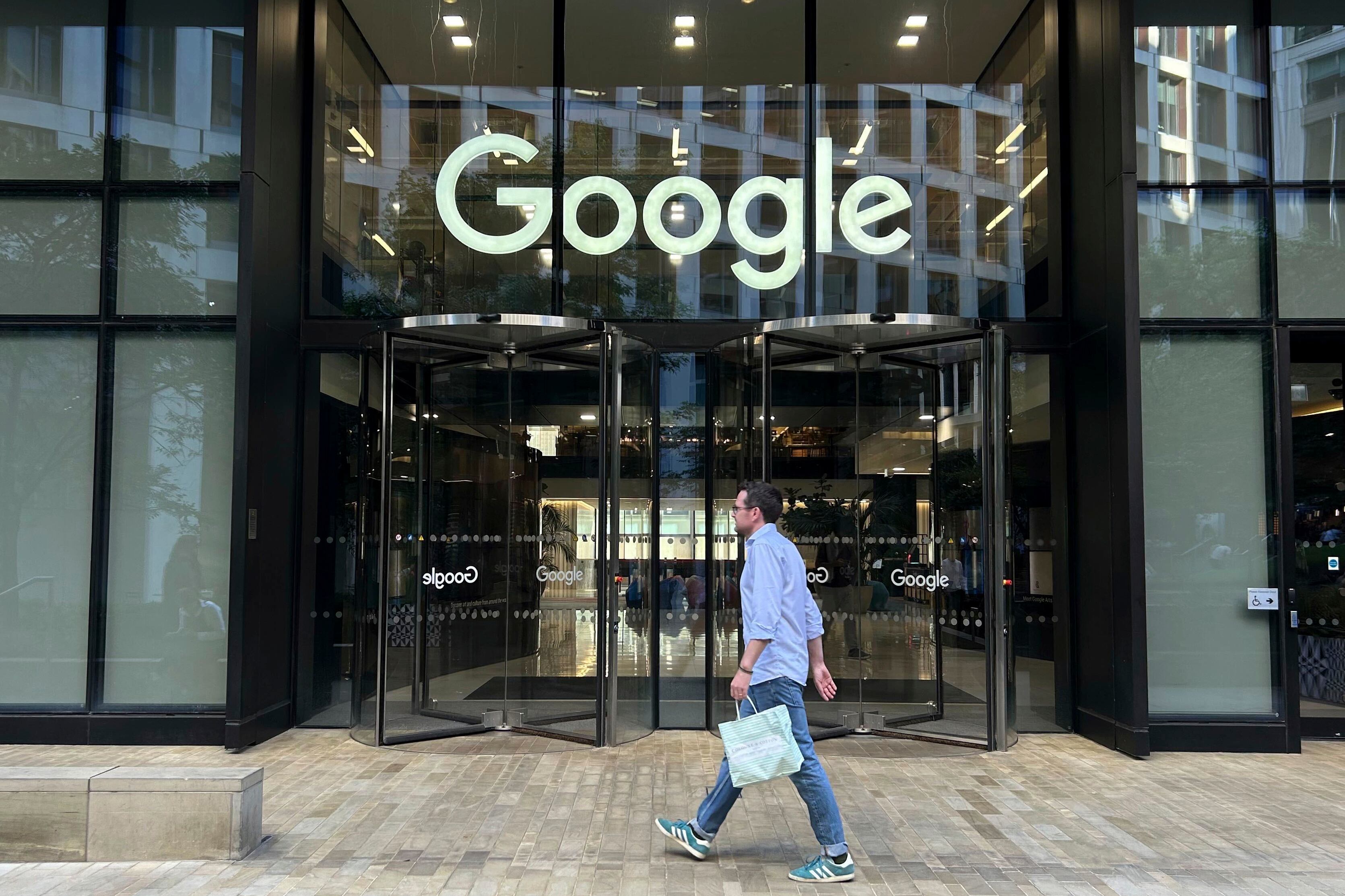*By Jacqueline Corba* The serial entrepreneur Marc Lore has created a start-up refuge for himself and other hustlers inside the sprawling Walmart retail empire that he said can lead the company into the future and successfully challenge the e-commerce rival Amazon. Lore, the founder of the e-commerce delivery site Jet.com, sold his company to Walmart in 2016 for $3.3 billion. He is now in charge of the company's digital operations, and last year he launched a tech incubator trying to innovate from inside the retail behemoth. The initiative is called Store 8, a group of Walmart-owned start-ups that operate independently. The goal, Lore said, is for Walmart to leverage discoveries from these start-ups as assets in the long-term. "Each start-up has a very clear sort of vision, mission, as any start-up would, about what they want to be, how they want to change the world within ten years into the future," said Lore. "I think we'll be really well positioned on that front, as those things start to build and mature." It's not a small effort, but Lore said his nimble team brings an entrepreneurial sense of urgency to Walmart. "It definitely feels like a start-up to me," Lore said in an interview with Cheddar's Nora Ali, who used to work for him at Jet.com. "Right now, it's 20,000 people and we're moving and making changes and everything." At that size, Walmart's digital outfit dwarfs pretty much any start-up out there. But having that corporate muscle to pair with the lessons Lore learned innovating on the outside may be necessary to compete with Amazon. Walmart owns and operates 4,700 store across the country, which presents another challenge to moving at start-up speed. But Lore has a vision for that too. He said he wants Walmart warehouses of the future to be part store, part fulfillment center. And automated. Fast. "Things are moving," he said. For the full interview, [click here](https://cheddar.com/videos/marc-lore-on-bringing-a-start-up-culture-to-walmart).












